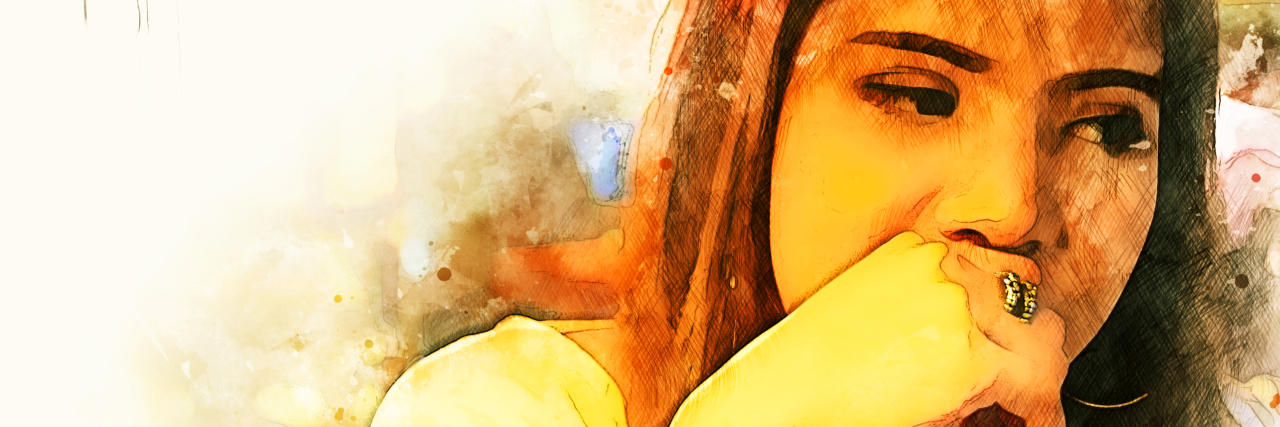Recently, I got to thinking about people, like myself, who have a variety of unseen chronic health conditions.
They can have “good” days and “bad” days with their invisible disabilities such as depression, diabetes, IBD, and cancer. It can cause a dilemma on certain days, forcing the person to cancel an outing with friends or call into work because of being sick.
We may look like we’re healthy individuals in front of others. It’s not credible to them that we are fighting pain and exhaustion from our ailments every day. They often doubt the reality of what can’t be seen and assume it’s fake. If we look well enough, the severity of our symptoms comes into question, and people will say things such as:
1) “You aren’t working hard enough to get through your pain,”
2) “You’re making up your condition to get out of being responsible for your work,” or,
3) “You are to blame due to the bad choices you’ve made for yourself.”
We face stigma due to not knowing what our days may entail, such as doctors’ appointments, dealing with side effects from the medications we take, and having frequent tests done to check the progression of the disease.
I remember having several jobs when I was in my 20s, and I would get annual reviews that stated I was either meeting company expectations or doing excellent work. When I had surgery for my Crohn’s or being hospitalized due to a flare-up or an intestinal blockage, I’d come back to my job only to be told I hadn’t met those expectations. Another excuse was that they were doing layoffs and I was the first to go. Back then the Americans With Disabilities Act wasn’t in existence, so many businesses were able to get away with discriminating against those who had invisible conditions.
Those of us with these types of disabilities share something in common. We are not defined by our diagnosis. Identity matters much more because of our uniqueness. We can take our situations and turn them into something meaningful.
People need to become more aware that not all illnesses are the same. The more they educate themselves, they’ll realize that we deserve the same respect and treatment as anybody else.
Getty image by Punnarong.

